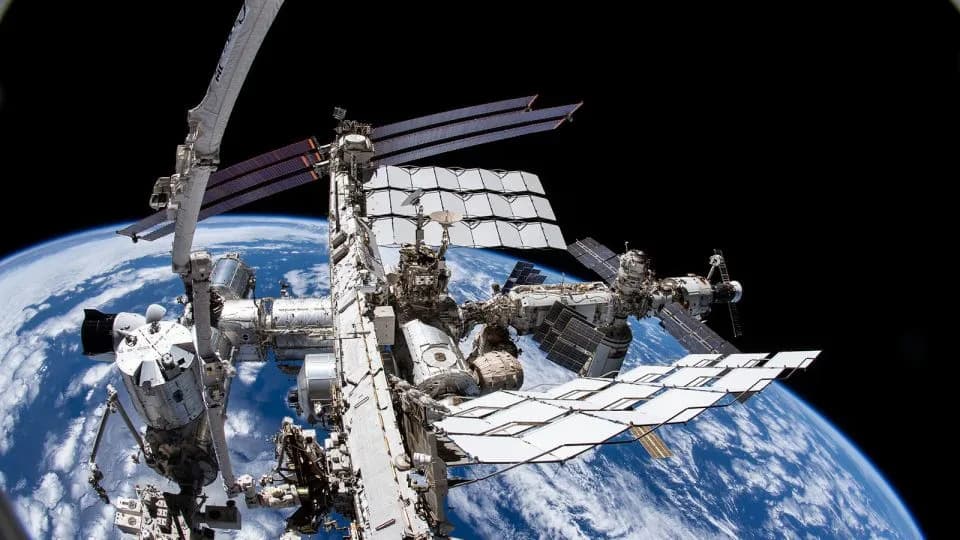Joe Acabá has stepped down as chief of NASA’s Astronaut Office and was succeeded by Scott Tingle. NASA assigned Acabá to a technical advisement role at Johnson Space Center but provided no timeline for new duties. A three‑time spaceflight veteran and the first Hispanic to hold the chief post, Acabá remains eligible for Artemis crew selection, including potential assignment to Artemis III. He has logged nearly 306 days in space and completed three spacewalks.
Joe Acabá Steps Down as Chief of NASA’s Astronaut Office — Scott Tingle Named Successor
Joe Acabá steps down as chief of NASA’s Astronaut Office
Joe Acabá, a former Central Florida teacher and three‑time spaceflight veteran, has stepped down as chief of NASA’s Astronaut Office. NASA confirmed that veteran astronaut Scott Tingle will succeed him.
Acabá, 58, made history in 2023 as the first Hispanic astronaut to hold the chief position. NASA says he has moved into a new assignment at Johnson Space Center described as "technical advisement for mission and strategy," though the agency has not provided a detailed timetable or specific responsibilities for the role.
What this means for Artemis
Stepping down as chief can free an astronaut for flight assignments. Acabá remains eligible for Artemis crew selection: he was one of the original 18 astronaut candidates named in 2020 for potential Artemis lunar missions and is still a plausible candidate for Artemis III, the planned crewed lunar landing. NASA currently lists Artemis III for summer 2027, but interim NASA Administrator Sean Duffy has warned of delays tied to SpaceX that could push the mission into 2028. Acabá’s departure follows a pattern in which chiefs have later been tapped for flight assignments — his predecessor, Reid Wiseman, left the chief role and months later was named to the Artemis II crew, a four‑person lunar flyby targeted as early as February 2026.
Career and background
Before joining NASA, Acabá taught science and math at Melbourne High School in Brevard County and Dunnellon Middle School in Marion County. He served in the Marine Corps Reserve and spent time with the Peace Corps in the Dominican Republic. Selected as an astronaut candidate in 2004 through NASA’s revived Educator Astronaut program, Acabá first flew on STS‑119 aboard Space Shuttle Discovery in 2009 and later served on two long‑duration expeditions to the International Space Station in 2012 and 2018.
Across his three spaceflights he has logged nearly 306 days in space and completed three spacewalks. Born in California in 1967 after his parents moved from Puerto Rico to the U.S. mainland, Acabá graduated from Esperanza High School in Anaheim, earned a bachelor’s degree in geology from UC Santa Barbara and a master’s in geology from the University of Arizona. He has worked as a hydrogeologist and considers Miami home.
“I did a lot of different jobs until I found the one that I thought was the most important job on the planet, which was being a school teacher,” Acabá told the Orlando Sentinel in a past interview. “It was one of the jobs that I thought I would never leave until I was given this opportunity to become a NASA astronaut.”
Context: The Astronaut Office has been led historically by notable figures including Deke Slayton, Alan Shepard, Tom Stafford, John Young, Robert Gibson, Robert Cabana and Peggy Whitson. Leadership changes in the Astronaut Office sometimes precede crew assignments, so Acabá’s new role does not rule out future flight opportunities.
Help us improve.

































